Raeisi: Efforts to neutralize US sanctions not tied to Vienna talks
President Ebrahim Raeisi says efforts to neutralize US sanctions on Iran are not tied to Vienna negotiations with the P4+1 group of countries, stressing that his administration is not putting all its eggs in one basket when it comes to rendering the coercive measures ineffective.
“Although the pursuit of removing sanctions is a serious agenda of the government, the effort in the thirteenth government to neutralize the sanctions has not been dependent on negotiations, so that today and under the sanctions situation, our oil sales have increased so much that we no longer worry and the proceeds are also returning to the country,” Raeisi wrote in a tweet on Friday morning.
Diplomats from Iran and the other remaining parties to the 2015 Iran agreement, officially called the Joint Comprehensive Plan of Action (JCPOA), are engaged in the eighth round of diplomatic negotiations in Austria’s capital to bring the US back into the deal.
Blinken: 'A few weeks left'
US Secretary of State Antony Blinken said on Thursday that there are only “a few weeks left” to save the JCPOA, warning that Washington was ready to look at “other options” if the Vienna talks failed.
"We have, I think, a few weeks left to see if we can get back to mutual compliance," Blinken said in an interview with US public radio station NPR.
"We're very, very short on time," because "Iran is getting closer and closer to the point where they could produce on very, very short order enough fissile material for a nuclear weapon," he claimed.
Blinken said Tehran has made nuclear advances that "will become increasingly hard to reverse because they're learning things, they're doing new things as a result of having broken out of their constraints under the agreement."
The US and the Europeans use the hypothesis of an atomic weapon for propaganda against Iran's nuclear energy program which has been subject to the most intrusive UN inspections ever.
The UN nuclear agency has repeatedly verified the peaceful nature of Iran's nuclear activities. Moreover, the Islamic Republic has a religious fatwa in place, issued by Leader of the Islamic Revolution Seyyed Ali Khamenei, forbidding nuclear weapons.
The US abandoned the JCPOA in 2018 under former president Donald Trump and imposed more than a thousand sanctions on the Islamic Republic. Undoing Trump’s wrongs would mean the US needs to verifiably remove all of those sanctions.
However, the JCPOA has been the subject of bitter disputes within the US. Washington signed on to the deal under Democratic President Barack Obama and is trying to rejoin it under another Democrat, Joe Biden, while Republicans have vigorously opposed the deal all along.
Republicans push to retain bans on Iran-China oil trade
Last year, Senator Ted Cruz, among other Republican lawmakers, warned that any future Republican president would abandon the deal again in a further testimony to Iran's insistence that the US has to give "objective guarantees not to abandon the agreement.
“Unless any deal w/ Iran is ratified by the Senate as a treaty—which Biden knows will NOT happen—it is a 100% certainty that any future Republican president will tear it up. Again,” Cruz tweeted on October 31.
In a letter addressed to US Secretary of State Antony Blinken on Tuesday, 110 House Republicans urged the White House to enforce the existing sanctions against Tehran that are the main subject of the Vienna talks.
“The United States and our partners must increase pressure on Iran to stop its dangerous nuclear advancements,” the letter reads.
They particularly called on the Biden administration to enforce the existing sanctions on Iran’s oil trade with China.
According to the market intelligence firm Kpler, Beijing increased its imports of Iranian crude in the final months of 2021 and almost reached 18 million barrels in November.
Iran FM in China to bolster ties
On Thursday evening, Iranian Foreign Minister Hossein Amir-Abdollahian, heading a high-ranking delegation, left Iran for China to further expand cooperation between the two countries.
Amir-Abdollahian is scheduled to discuss a 25-year partnership agreement with his Chinese counterpart Wang Yi.
Upon arriving in China, the Iranian foreign minister said that he will meet with Chinese officials to discuss bilateral political ties and the implementation of Tehran-Beijing economic agreements.
Iran and China signed the landmark 25-year comprehensive strategic partnership agreement in March last year in defiance of the US’s unilateral sanctions.
The deal officially documents the Sino-Iranian Comprehensive Strategic Partnership that had been announced during a visit by Chinese President Xi Jinping to Tehran in 2016. It sets the outlines of the two countries’ cooperation in political, cultural, security, defense, regional, and international domains for the next 25 years.
‘Sino-Iranian relations undermine US’
In an article published on Thursday, leading US magazine Foreign Policy argued that growing Sino-Iranian relations undermine the United States and secure China’s access to Iranian oil and other important commodities.
“For its part, Iran will get billions of dollars in Chinese energy and infrastructure investment, undercutting the effectiveness of US sanctions" against the Islamic Republic, the article said.
It noted that much of Beijing and Tehran’s cooperation focuses on economic and diplomatic ties, saying Chinese investment will provide economic stimulus and revenue for Iran and increasingly mitigate the effectiveness of US sanctions against Iran.
Since Washington began to reimpose sanctions aimed at crushing the Iranian economy, Leader of the Islamic Revolution Ayatollah Seyyed Ali Khamenei has underlined the necessity of pressing ahead with efforts to neutralize the sanctions.
Under that strategy, Iran has tried to adopt an East-oriented economic policy, expanding its ties with Asian countries and striving to become self-sufficient in key domains.
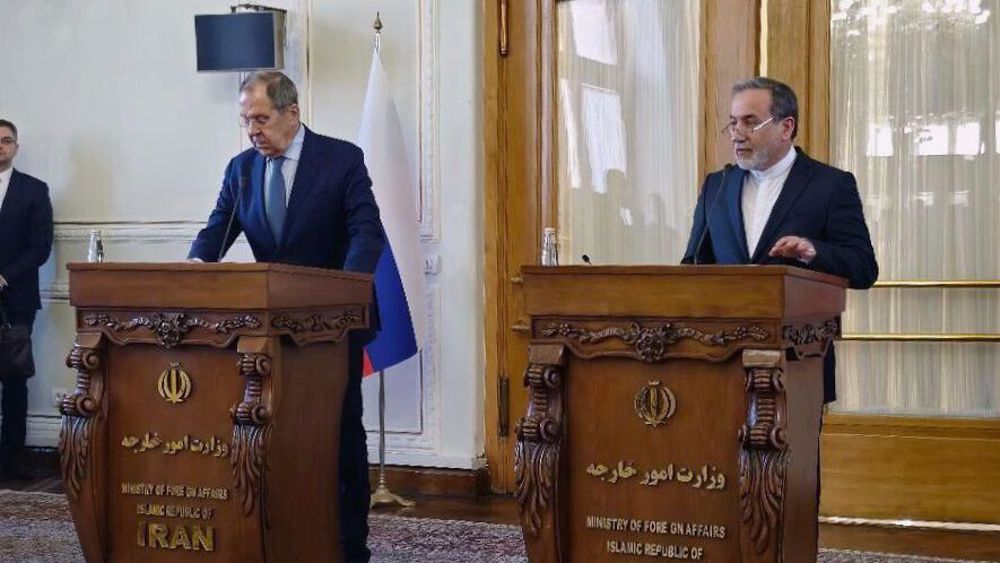
Iran rules out nuclear talks with US amid ‘maximum pressure’ campaign
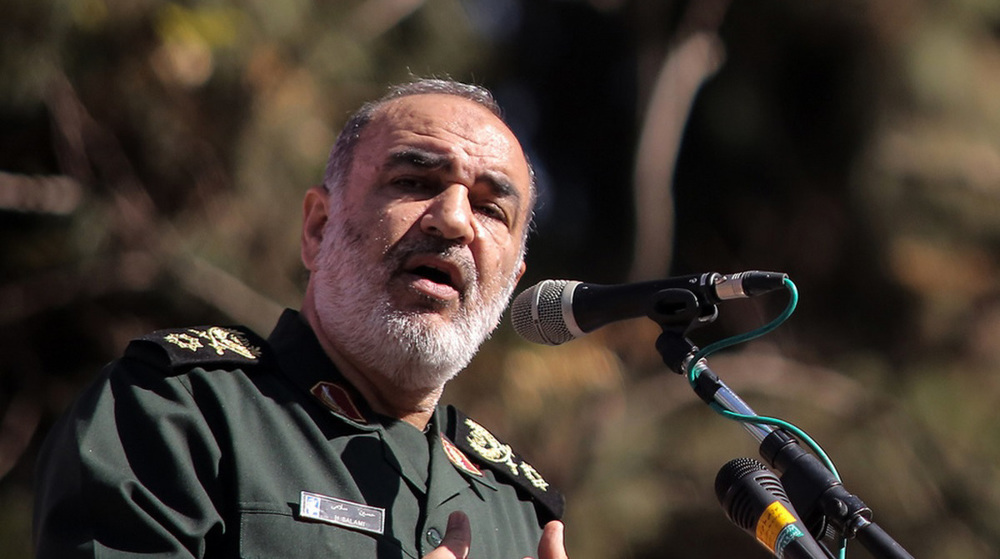
Flying warplanes over Beirut funeral exposed enemy’s fear of power, unity of nations: IRGC
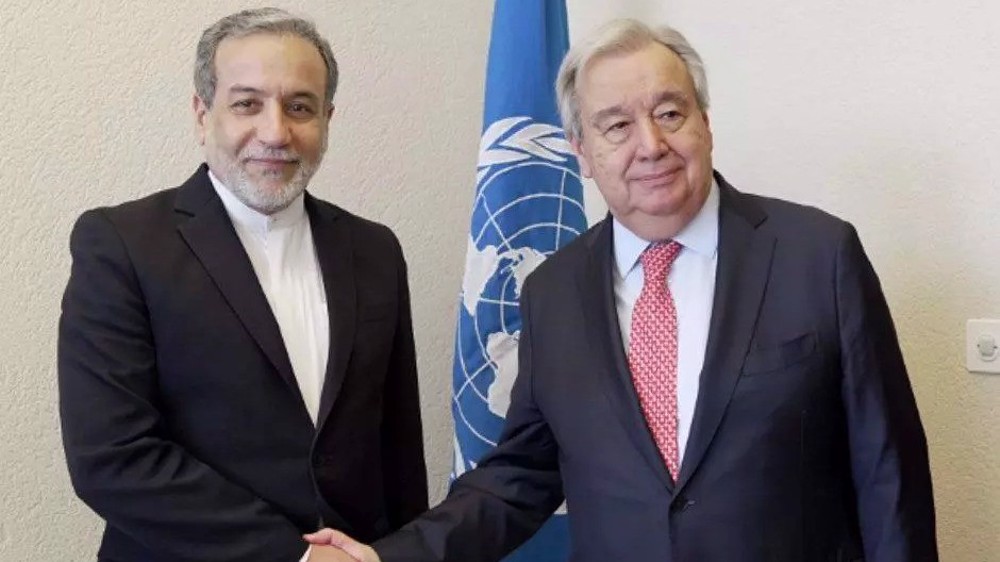
Araghchi tells UN chief: Israel must be held accountable for crimes against Palestinians
VIDEO | Gazans striving to survive with bare hands
'Shocking attack on free expression': Canadian politician slams arrest of pro-Palestine activist
West Bank Palestinians fear Gaza style destruction as Israel escalates raids
Hamas: Ibrahimi Mosque massacre testament to Israel’s criminal policy
Trump eyes Ukrainian rare earth minerals in exchange for military support to Kiev
Six Gaza children, including newborn girl, die of cold weather as Israel blocks aid
Iran rules out nuclear talks with US amid ‘maximum pressure’ campaign
Israeli tanks roll into West Bank first time in 20 years as prelude to forcible annexation


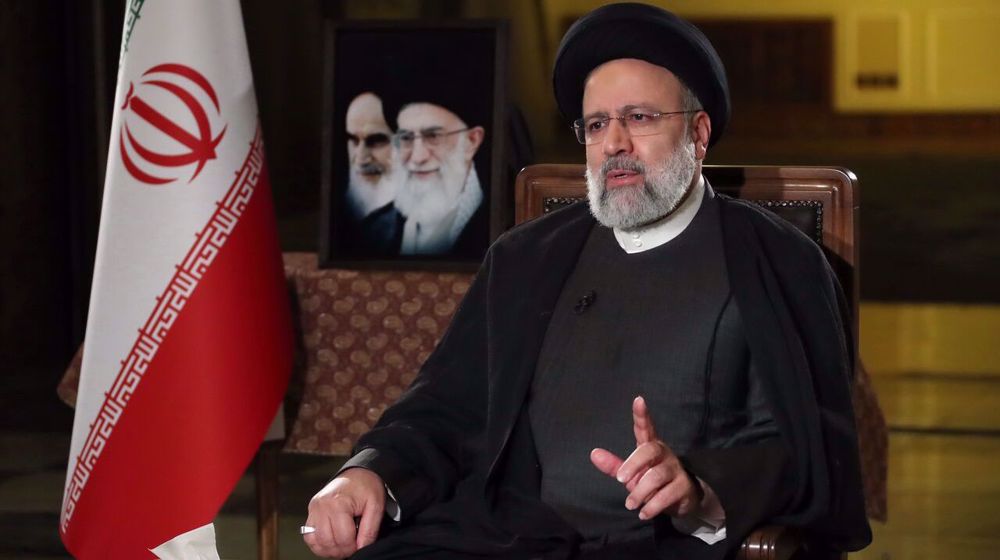
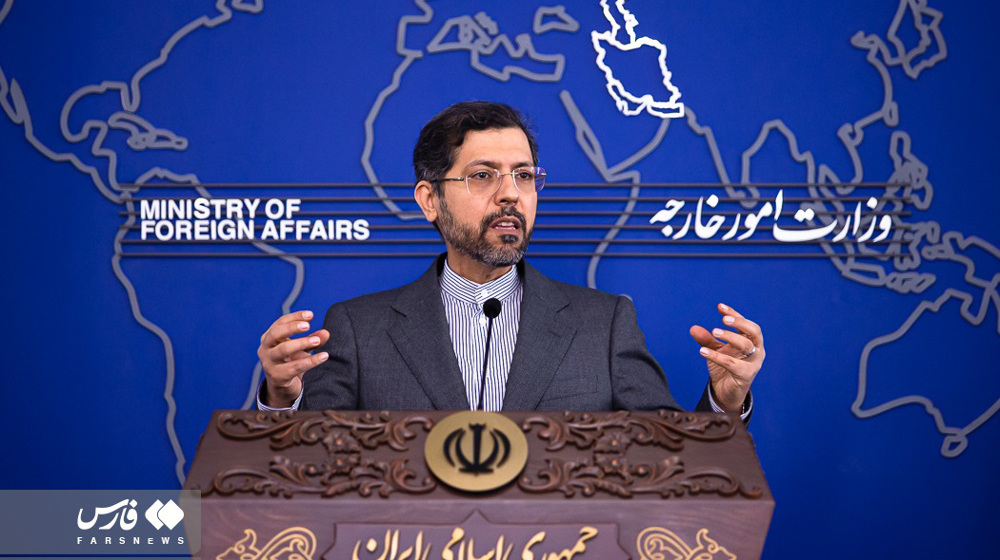
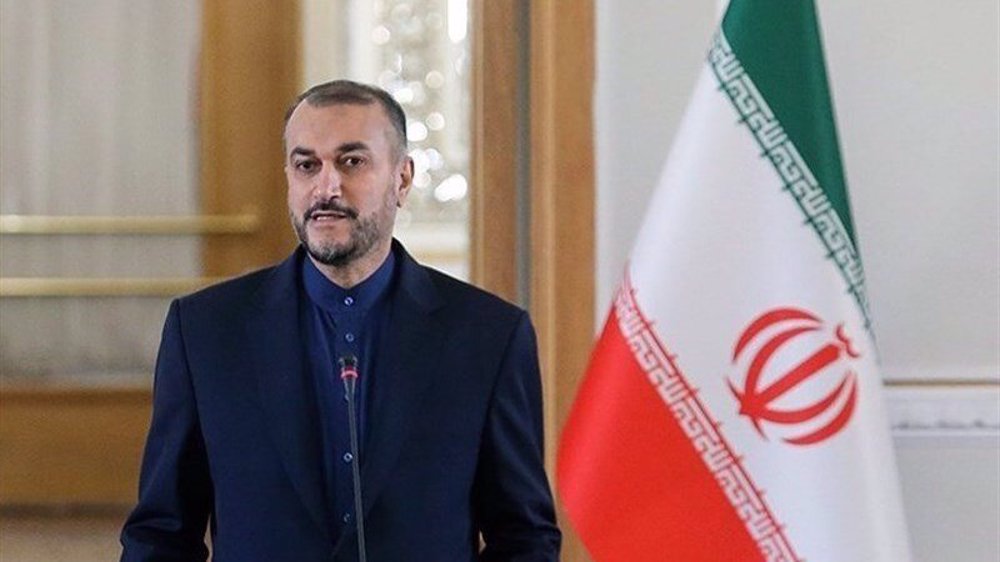
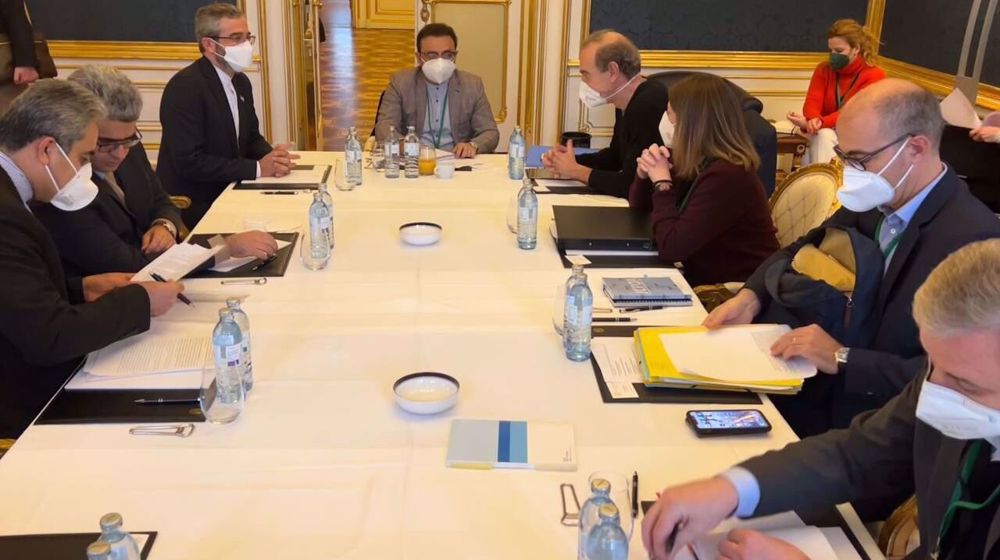



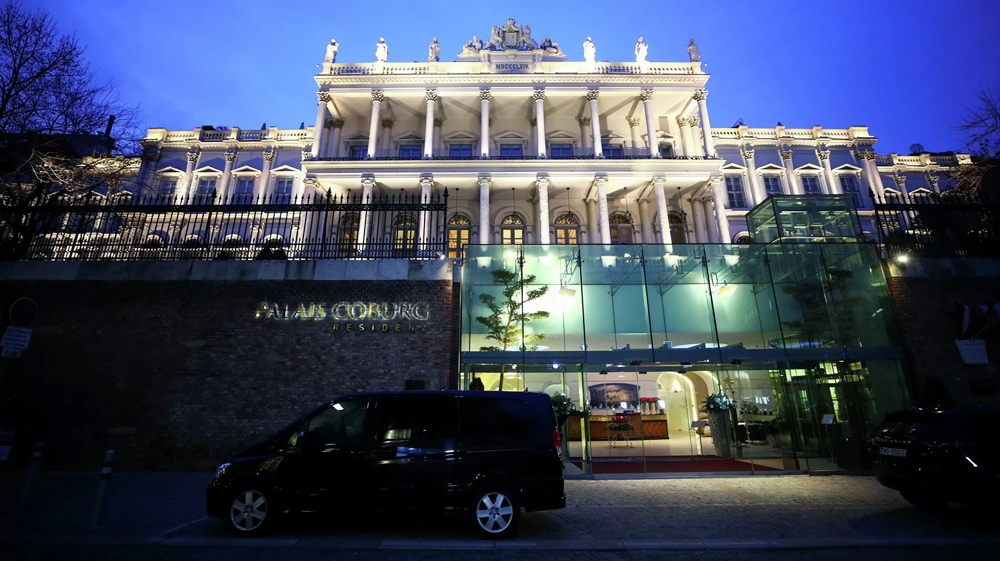
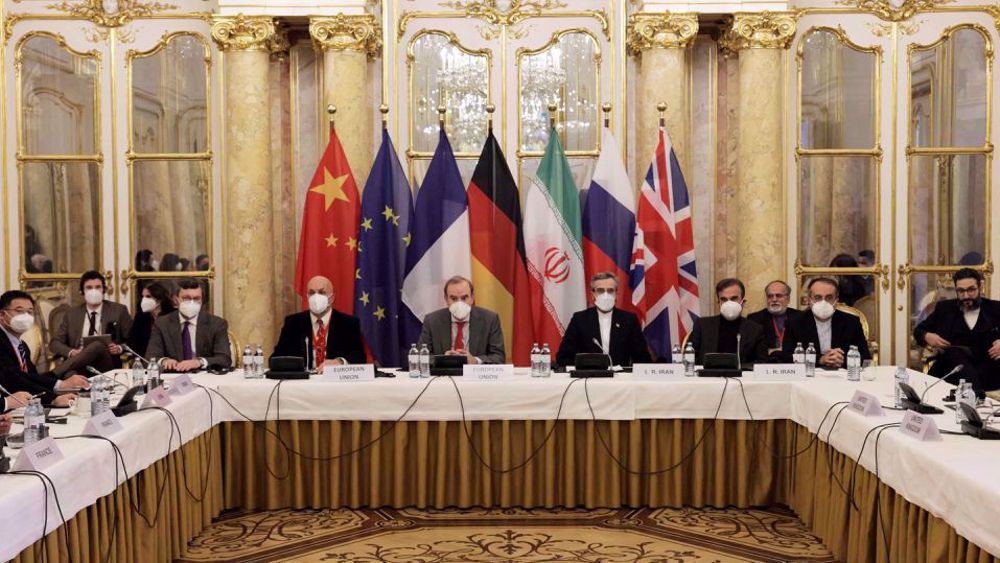
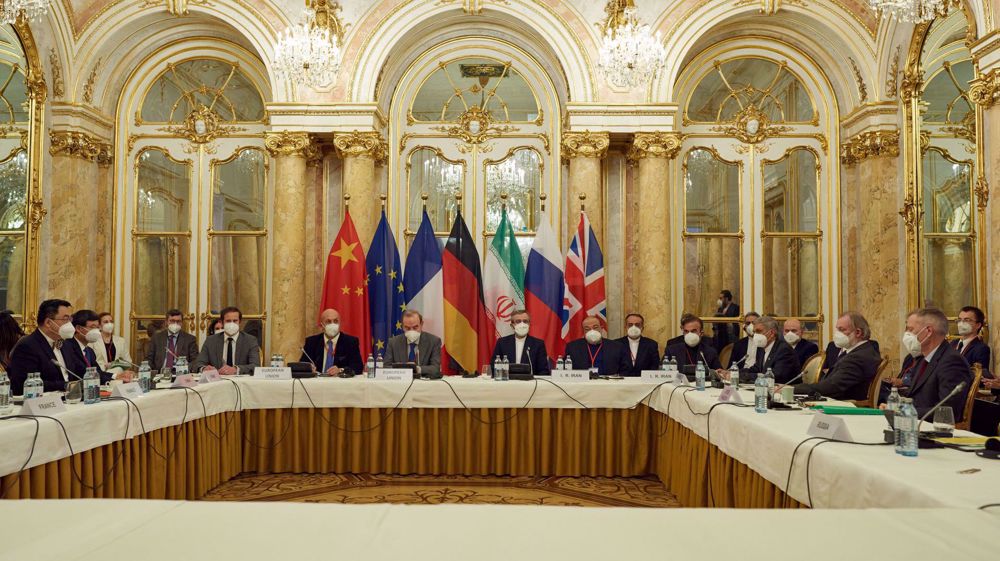
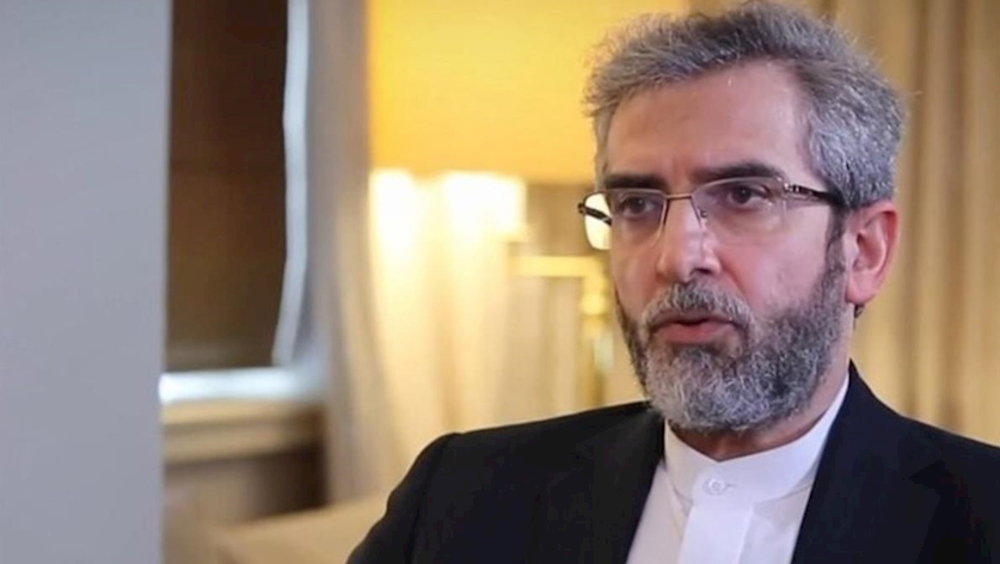
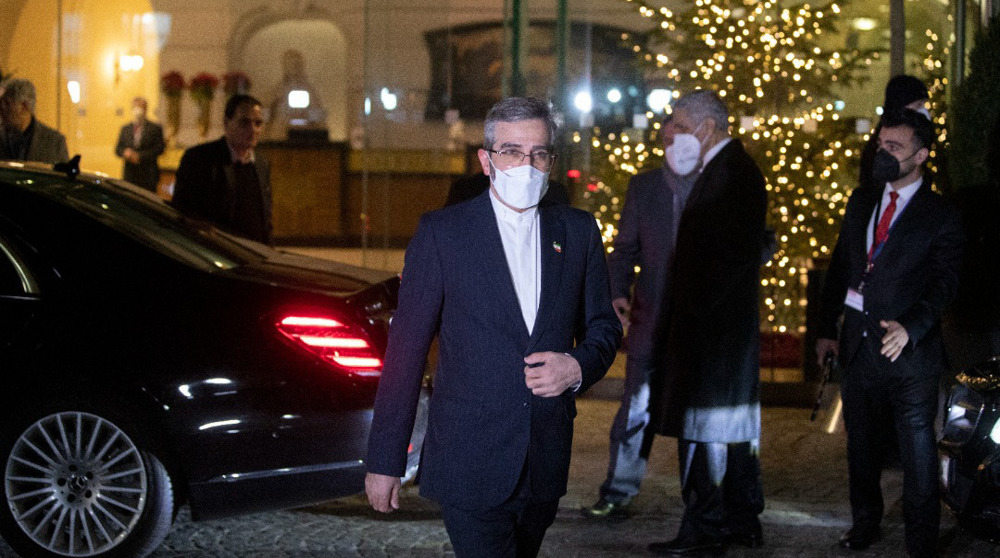

 This makes it easy to access the Press TV website
This makes it easy to access the Press TV website